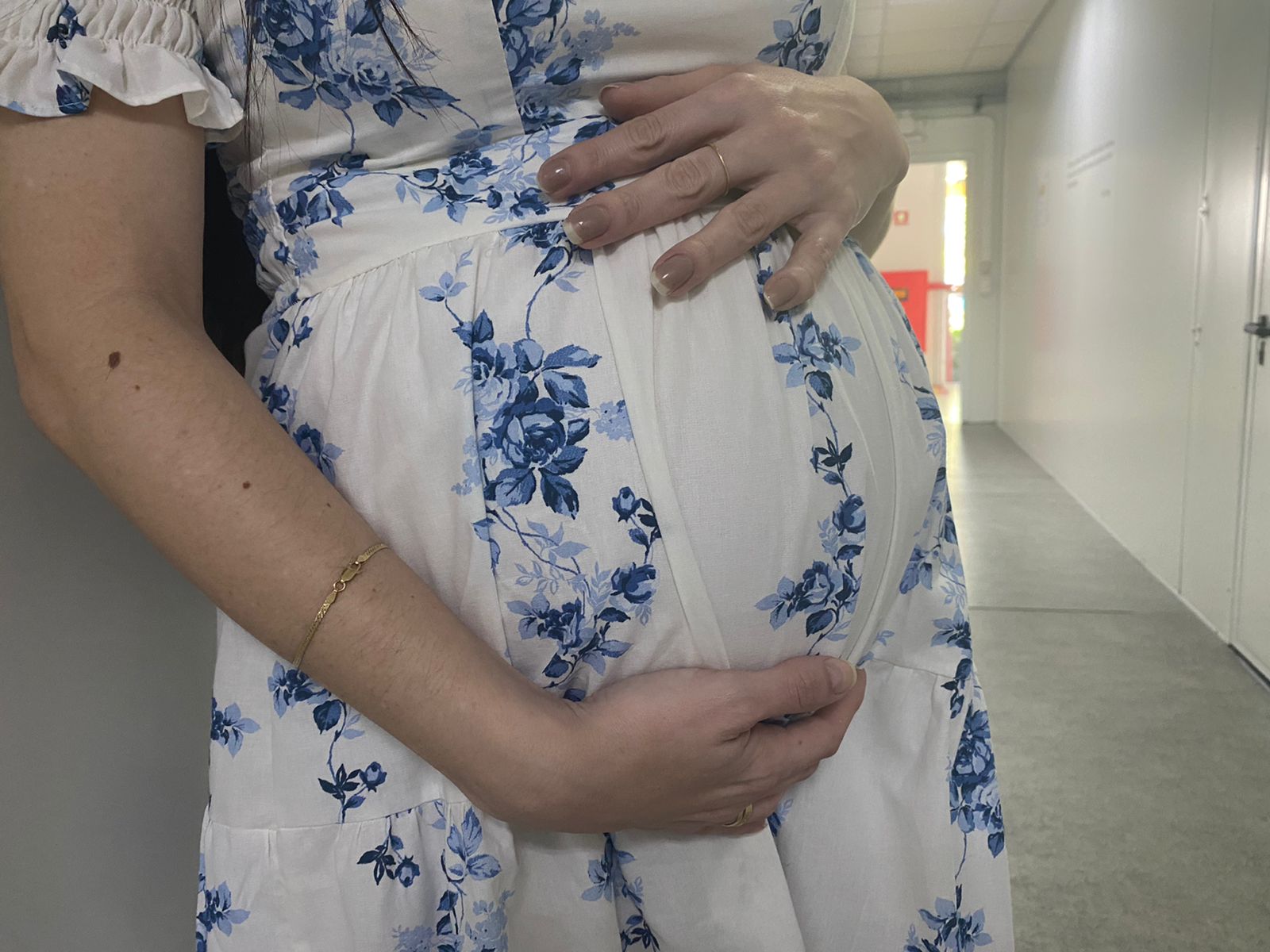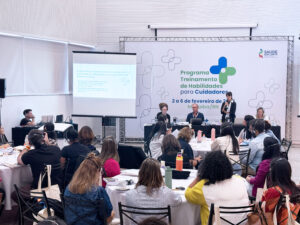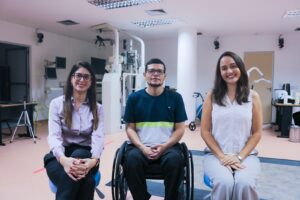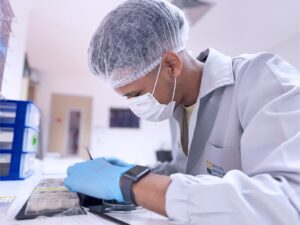The incidence of monkeypox cases (Monkeypox) in Brazil has been a cause for concern for health professionals, especially in groups of pregnant women, lactating women and postpartum women. This emphasis is given considering that the The immune system becomes more vulnerable during these stages, reflecting the changes that occur in the body to gestate a new organism. In technical note No. 46/2022, the Ministry of Health released guidelines that should be followed to prevent the disease by people who belong to this group. To date, according to the State Secretariat for Public Health of RN (Sesap RN), there are no registered cases of monkeypox in pregnant women in Rio Grande do Norte.
Among the guidelines from the Ministry of Health are: continue to wear masks, especially in environments with potentially contaminated people; stay away from people who present suspicious symptoms such as fever and skin lesions; use a condom in all types of sexual relations; observe whether the sexual partner has any lesions in the genital area and, if so, do not have contact and seek medical assistance if they present any suspicious symptoms.
With this technical note, the Ministry of Health includes pregnant women among the three population groups at greatest risk for severe forms of the disease, along with children under 8 years of age and immunosuppressed individuals. The gynecologist and obstetrician preceptor at the Santos Dumont Institute (ISD), Thaíse Lopes, explains that pregnant women are included among the most vulnerable and high-risk groups, firstly, because this is a disease about which there are not many publications in the literature or resources for study, which is added to the fact that pregnant women are immunosuppressed during pregnancy, having greater vulnerability to infectious diseases.
“There is also the issue of human smallpox, which has already been eradicated, but because the monkeypox virus is from the same family, there is a similarity in the causative factor, so it is also shown to be a high-risk disease. In the literature, four cases have been described with unfavorable outcomes, one with a miscarriage, two with premature birth, and one with fetal death. So, due to these increased risks, it was classified as a high-risk disease for pregnant women,” explains preceptor Thaíse Lopes.
The specific vulnerability of pregnant and postpartum women was highlighted during the COVID-19 pandemic. Data from SESAP indicate that in 2020, 3 deaths of pregnant women due to COVID-19 were recorded in RN, a number that rose to 23 in 2021, a percentage increase of more than 600%. Even going through phases of easing social isolation measures and making vaccines available, COVID-19 continues to have an aggravating factor in relation to this group, now added to the risks of infection from monkeypox.
According to the Ministry of Health, available data on monkeypox are limited due to socioeconomic challenges and civil conflicts in many of the countries where the disease is endemic. However, monkeypox can lead to adverse outcomes, such as fetal death and spontaneous abortion, with specific points of attention regarding the period of pregnancy and fetal health. In Brazil, as of July 26, 868 cases of monkeypox had already been confirmed.
Another point highlighted by physician Thaíse Lopes is the need for early diagnosis, during the onset of infection, based on suspected skin lesions, fever, or other symptoms associated with monkeypox that the pregnant woman may present. For this process, constant contact and communication with the primary care network is essential.
“Primary care is the gateway for anyone. It is the closest to the patient’s home and family. It is the health agents, nursing managers, nurses and the family doctor who are closest and know the reality of that family and the region as a whole. Therefore, any pregnant woman with symptoms should seek primary care, which is where she should ask for help first,” she emphasizes.
Through this search for care, the primary care process consists of evaluating the patient and, from the moment of suspected diagnosis, referring them to a referral center for confirmatory tests. There, initial guidance is also provided, symptomatic medications are prescribed, and guidance is given on hygiene of lesions and isolation at home.
Monkeypox is transmitted through direct contact, mainly sexual contact, with infected individuals. Transmission via the respiratory tract, through droplets and airborne particles, and from contaminated clothing, whether from people or from bed linen, is also possible.
Identification and care
According to the Butantan Institute based on the World Health Organization, There are different symptom charts depending on the level of the case (suspected, probable or confirmed). A suspected case is considered to be any person, of any age, who presents blisters on the skin of unexplained origin and is in a country where monkeypox is not endemic.
If this condition is accompanied by headache, onset of fever above 38.5°C, swollen lymph nodes, muscle and body pain, back pain and profound weakness, it is necessary to undergo an examination to confirm or rule out the disease.
The Ministry of Health reiterates the WHO recommendation that those infected or recently infected should abstain from sex during the unhealed lesions phase and use condoms for any form of sexual intercourse within 12 weeks after recovery. If the pregnant woman presents any suspicious symptoms, the recommendation is to seek medical assistance for clinical and, eventually, laboratory diagnosis.
“Sometimes, it is difficult to maintain isolation in small houses or in houses with many residents. But we advise people to stay in a room alone, or as far away from other people as possible and avoid close contact. They should also avoid sharing clothes and utensils, which should be washed and sanitized separately,” reinforces Thaise.
Text: Naomi Lamarck / Ascom – ISD
Photograph: Naomi Lamarck / Ascom – ISD
Communication Office
comunicacao@isd.org.br
(84) 99416-1880
Santos Dumont Institute (ISD)
It is a Social Organization linked to the Ministry of Education (MEC) and includes the Edmond and Lily Safra International Institute of Neurosciences and the Anita Garibaldi Health Education and Research Center, both in Macaíba. ISD's mission is to promote education for life, forming citizens through integrated teaching, research and extension actions, in addition to contributing to a fairer and more humane transformation of Brazilian social reality.













